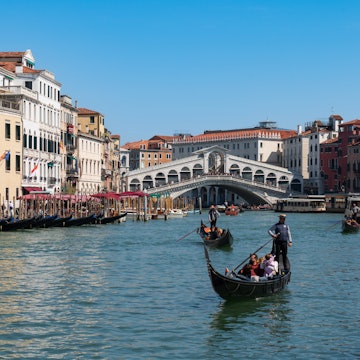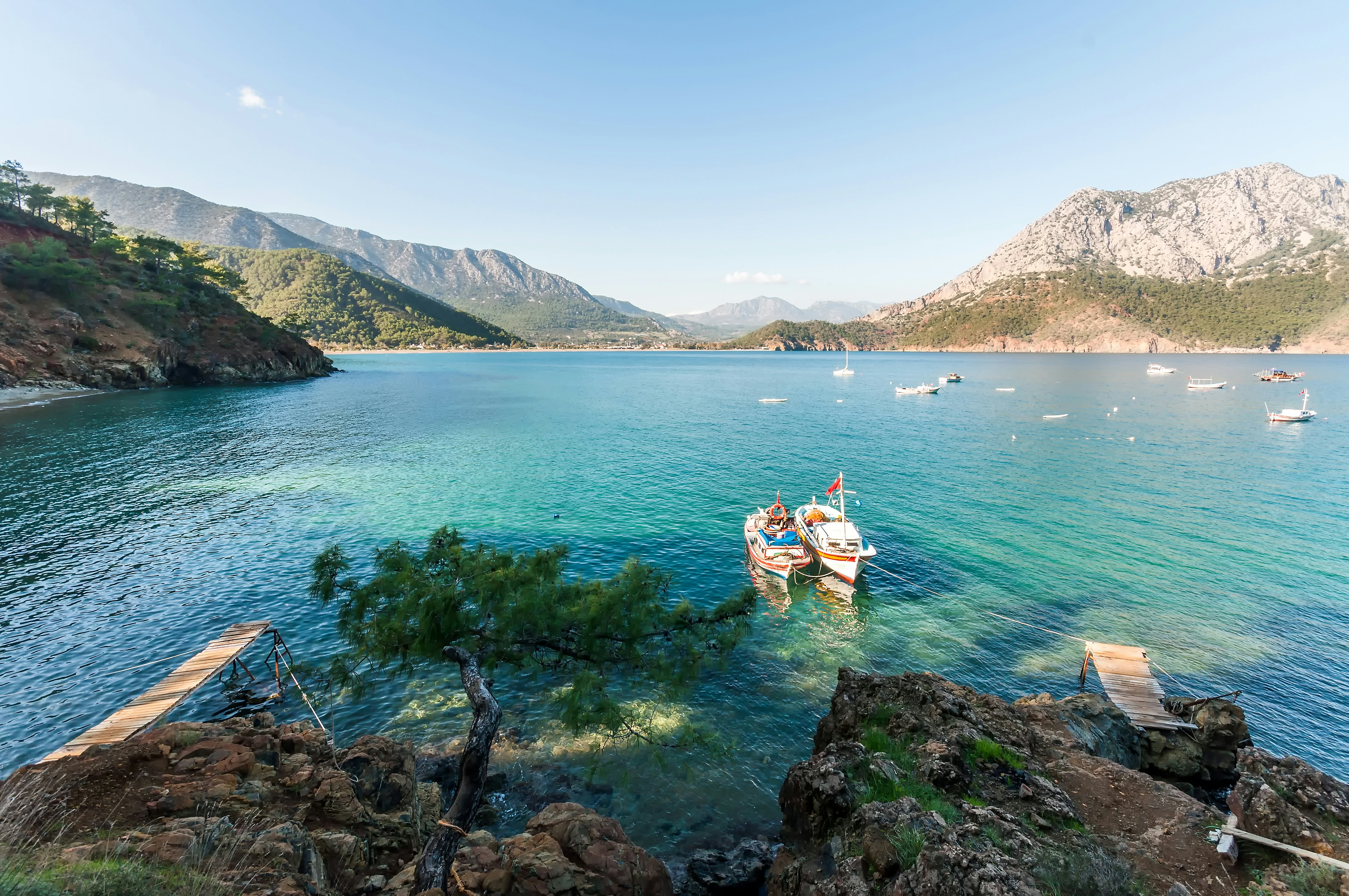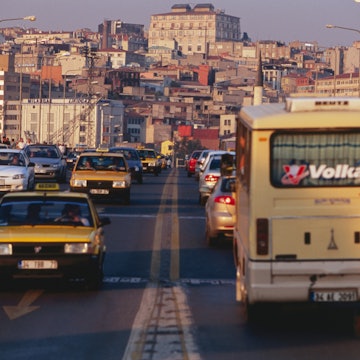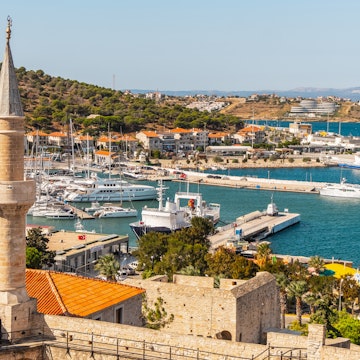

We've had airlines, tour operators, hotels and retail failures but never before have we had a failure on the scale presented by the collapse of Thomas Cook. It's thrown an already volatile travel industry into disarray, and travel expert Eoghan Corry examines what the fallout means in the coming months for those travelling abroad.
Will other companies be stepping in?
Booking a package holiday with Thomas Cook meant having flights, transport and accommodation covered. In light of its collapse, one would expect the hotels emptied of customers to put rooms on sale at bargain rates. But how will travellers get to them? The airports Thomas Cook served might be expected to find other airlines to fly there. But aircrafts are not necessarily available. Instead of leading to lots of cheap air fares, prices are going the other direction as demand outstrips supply. This might not just be a short term trend.

What does this mean for package holidays?
Traditional package holidays, bought like we used to do over the counter, will be harder to find. In the UK, Thomas Cook had about 35% of the retail market. It will take some time for its competitors to grow the infrastructure to capture that market share.
One would expect the brick-and-mortar shops to be occupied by another retailer, ready to take on the travellers who like brochures and counters when booking a holiday. But the Thomas Cook collapse has shaken confidence in that market for both landlords and tenants. Travel agents already had an image problem among millennials and Thomas Cook has just made it worse.

What destinations will be hit the hardest?
The aviation business is the most complicated element of all. Thomas Cook shied away from destinations where low cost airlines were already operating. That means that, for many of the routes it served, there are no alternative flights.
At the time of its demise, Thomas Cook had established a preference for destinations where the package holiday was still strong. This meant a concentration on honeypots such as the Canaries and Balearics, and places that low cost airlines were still unable to penetrate for reasons of distance and regulation, such as Turkey and Tunisia. These are the places most vulnerable to a simple supply/demand equation, where customer loyalty matters less than the opportunity to overcharge for an aircraft seat. The scale of Thomas Cook’s operations (nine routes at Hammamet, ten at Antalya) is not large enough to have a long-term effect on air fare prices. The problem is, for many of these places, there is no alternative company that compares with Thomas Cook’s operation.
Currently, fuel prices are unstable, the Boeing 737 Max is grounded until at least February and Airbus A320 deliveries are late (they are only two manufacturers in the market). Under perfect conditions, airlines would be expected to move in to snatch the routes and frequencies that Thomas Cook operated. Neither is the case as the 2019 holiday season grinds to a halt.
Will the uncertainty over aircraft deliveries and fuel supplies will have cleared up by next spring? The 2020 holiday season is not even here yet, and already it has a large, grey and unwanted cloud hanging over it. The Thomas Cook cloud.













